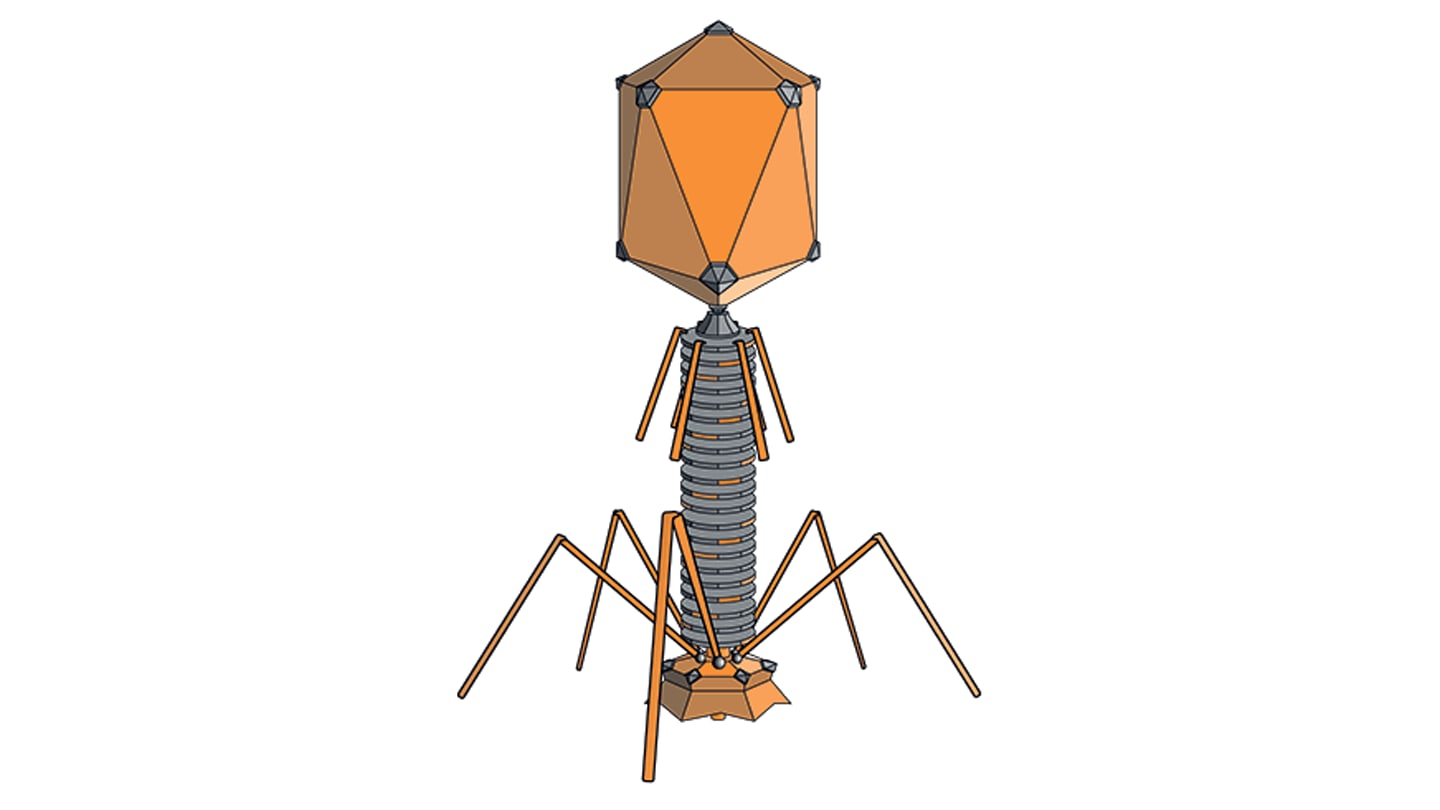
Credit: Rawpixel.com
GSK is collaborating with the UK’s Dementia Research Institute and Health Data Research UK to explore a potential link between GSK’s RZV shingles vaccine and a reduced risk of dementia.
Data from several observational studies appears to suggest a link may exist, with the latest study being published at the start of April in Nature. In this study, research used health data from Wales, where eligibility for the shingles vaccine is based on a person's exact date of birth. This allowed researchers to compare people who were just old enough to miss out on the vaccine (born before September 2, 1933) with those who were just young enough to qualify (born on or after September 2, 1933).
By analyzing health records, the researchers found that people who were eligible for the vaccine were 20 percent less likely to be diagnosed with dementia over the following seven years. In addition, the protective effect appeared stronger in women than in men. To check their results, the researchers also looked at death records from across England and Wales and saw a similar pattern: people who had been vaccinated were less likely to have dementia listed as a cause of death.
“There has been evidence for some time that older people who receive their vaccinations in general are less likely to develop dementia. This is the best evidence yet to show this,” commented Henry Brodaty, Scientia Professor of Ageing and Mental Health and Co-Director of the Centre for Healthy Brain Ageing at the University of New South Wales. “Future research will determine whether the newer non-live virus, Shingrix, will provide the same benefit and whether immunization at younger ages may be just as effective.”
The GSK collaboration will draw on UK health data to examine links between vaccination and disease risk at the population level. A statement from GSK says: “There are around 1.4 million 65 and 66 years olds in the UK and their eligible electronic health records are expected to give a robust and comprehensive dataset which will account for factors such as RZV vaccination, age, sex and co-existing medical conditions. The research will take 4 years to complete.”
But how exactly could the shingles vaccines lower dementia risk? Anthony Hannan, Group Head of the Epigenetics and Neural Plasticity Group at the Florey Institute of Neuroscience and Mental Health, suggests that it could be down to an effect on brain immune cells. “We now know that, despite the blood-brain barrier, the brain has its own immune cells, which serve many roles including removal of specific toxic molecules that accumulate with age (particularly in the most common form of dementia, Alzheimer’s disease),” he says. “It is possible that the vaccine had direct effects on these brain immune cells, but it is also possible that the vaccine acted indirectly, for example, by slowing brain aging and/or enhancing brain resilience to the ravages of age.”




